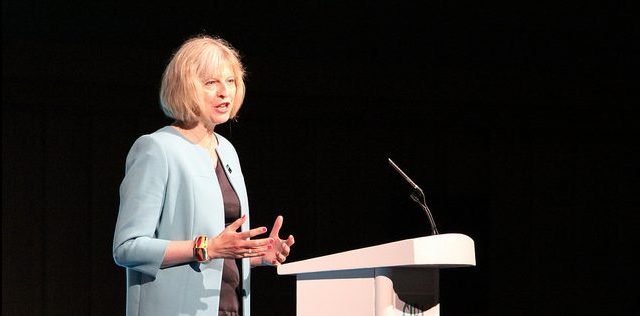A key platform of our new Prime Minister is to curb what she perceives to be boardroom excesses. “It is not anti-business to suggest that big business needs to change”, she said.
One of her proposals is to allow employee and worker representatives to sit on company boards, a suggestion which has not gone down well in the corporate world. The debacle at the Co-op, with its legion of elected directors, has been cited many times as an argument against Mrs May’s idea. First Group already has employees on the boards not just of its component companies, but of the group plc itself. However, given that one of the companies is Great Western trains, one of the most notoriously unreliable of all the rail operators, this has not proved to be a panacea.
May is keen on making shareholder votes on executive remuneration legally binding. True, in the spring, a clear majority, some 60 per cent, rejected BP boss Bob Dudley’s £14 million pay. But only 33 per cent of shareholders failed to back Martin Sorrell’s package at the WPP AGM last month, even though both Standard Life and Hermes, two of Britain’s most influential fund managers, voted against the pay report.
Board members receive emoluments. Shop floor workers get pay. Yet however we describe them, the gap between the two has opened up in dramatic fashion in recent decades, with no obvious economic justification. In the United States, for example, the average compensation of CEOs in the top 350 firms is some $15 million a year. This enormous sum is 300 times higher than the amount the companies pay to the typical worker. In the mid-1970s, the ratio was not 300:1 but only 30:1. Even in the mid 1990s it was around 100:1. This latter figure would still hand the average CEO some $5 million today, not a bad sum to have. The American economy has done well, but it also did well in the decades immediately after the Second World War, when remuneration disparities were much narrower.
Legislation is the brutal option, but there is no guarantee it would work. The fundamental challenge is to alter the set of values which has become dominant. The social norm at the top of industry has become one in which it is perfectly acceptable to be paid very large amounts, virtually regardless of performance. This behaviour has influenced remuneration in non-market sectors of the economy, such as the pay of top management in universities, and in particular that of Vice-Chancellors. Their average salary in 2014/15 was £274,000. Incredibly, the Vice-Chancellor of Falmouth University – it does in fact exist – received £285,000.
There is a simple policy which could radically alter attitudes and behaviour. The Prime Minister should let it be known that no-one who behaves in an ostentatious way on this matter will either be knighted or elevated to the Lords. Indeed, such honours might be reserved for captains of industry who volunteer for substantial pay reductions. Miracles might then happen and social norms drastically changed.
Paul Ormerod
As published in CITY AM on Wednesday 20th July
Image: Home Secretary, Theresa May, speaking at the Girl Summit, by DFID – UK Department for International Development licensed under CC BY 2.0


